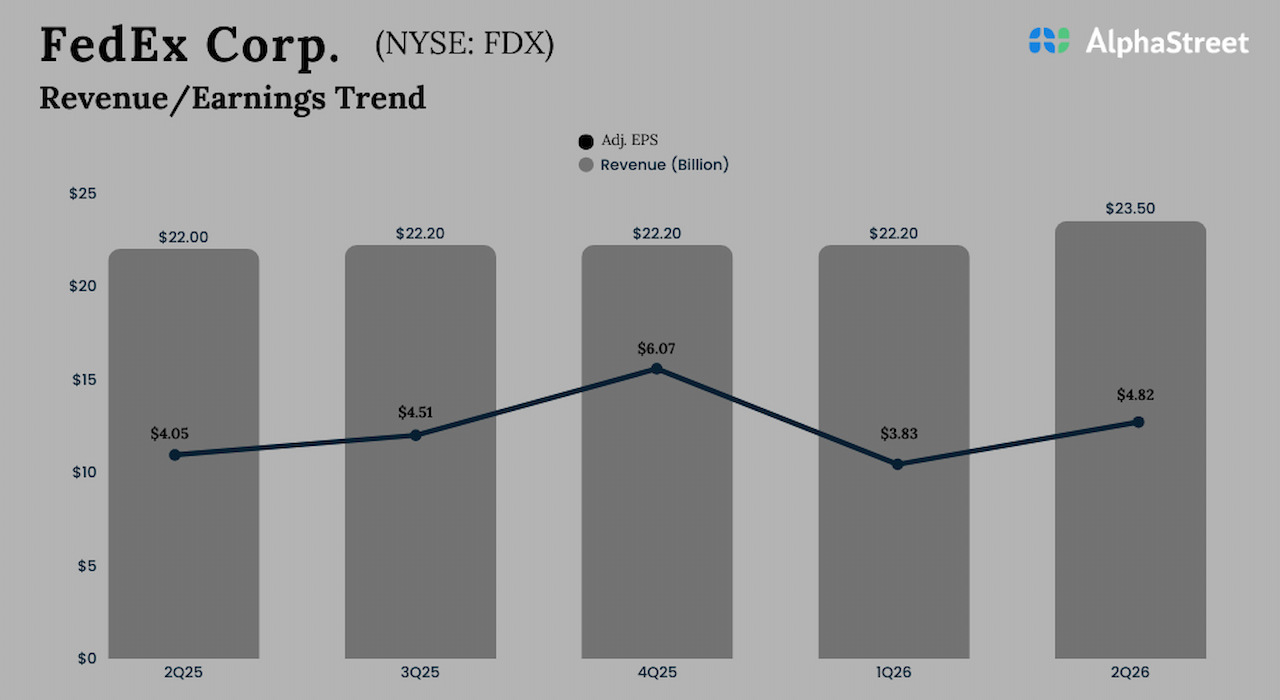If you own your home, you could be missing out on one of the easiest ways to cut your property tax bill—the homestead exemption. This often-overlooked benefit can save homeowners anywhere from a few hundred to several thousand dollars per year, depending on the state. Yet millions of eligible people never apply, often because they don’t realize it’s not automatic. With housing costs and local taxes climbing, this one form can mean the difference between affordable and overwhelming. Here’s how the homestead exemption works—and how to make sure you’re not leaving money on the table.
What the Homestead Exemption Actually Does
The homestead exemption reduces the taxable value of your primary residence, which directly lowers your property tax bill. For example, if your home is worth $300,000 and your state offers a $50,000 exemption, you’ll only pay taxes on $250,000. This isn’t a rebate—it’s an ongoing discount. Some states automatically renew it once approved, while others require reapplication every few years. The savings may not sound huge, but they add up to thousands over time.
Eligibility Is Broader Than You Think
Most people qualify simply by living in their home as their primary residence, but some states offer enhanced exemptions for seniors, veterans, or disabled homeowners. In states like Florida, Texas, and Georgia, the additional savings for older adults can reach $25,000–$50,000 more off the home’s taxable value. Even first-time homeowners qualify once they establish residency. If you’ve moved recently, check your county assessor’s office—you might need to file new paperwork to claim it.
Homestead exemptions aren’t one-size-fits-all. The amount and application process vary widely, even between neighboring counties. Some areas apply a percentage deduction (like 20% of your home’s value), while others use a flat amount. Certain states cap total savings or limit them to specific age groups. Knowing your local rules can double or triple your benefit compared to doing nothing at all.
It Protects More Than Just Taxes
Beyond lowering property taxes, the homestead exemption can also protect your home from creditors in some states. This means that if you face bankruptcy or a lawsuit, a portion—or even all—of your home’s value is legally shielded. States like Texas and Florida have some of the strongest homestead protections in the country. For retirees and self-employed homeowners, this dual benefit is invaluable.
The most common mistake is assuming the exemption applies automatically after you buy a home. In many areas, you must actively apply by a set deadline—often the first few months of the year. Others lose their exemption after moving or converting their property into a rental. Forgetting to update your records can wipe out thousands in savings before you even realize it. Setting a reminder to verify your exemption each January can keep your taxes as low as possible.
Combining Exemptions Can Multiply Savings
In many states, homeowners can stack exemptions—such as senior, veteran, or disability benefits—on top of the standard homestead reduction. Doing so can lower taxable value by $100,000 or more in high-tax regions. Local assessors often don’t automatically apply these additional reductions, so it’s up to you to ask. A quick phone call or online lookup could uncover hidden savings your household already qualifies for.
At a time when property taxes rise almost every year, the homestead exemption remains one of the simplest ways to fight back. It’s not a loophole—it’s a legal right designed to make homeownership sustainable. Whether you’re a first-time buyer, a senior, or a veteran, one form could secure years of relief. The next property tax deadline is coming fast—don’t miss your chance to claim what’s already yours.
Have you checked your homestead exemption status this year? You might be surprised how much you can save with one simple form.
You May Also Like…
8 Property-Tax “Circuit Breaker” Credits Seniors Miss in the Midwest (Big Savings If You Qualify)
Are You Ready for a Property Tax Hike? Here’s How To Prepare
Boomers and The Property Tax Dilemma: 12 Little Known Ways Boomers Can Save Money On Their Property Taxes
6 States With The Lowest Property Taxes
The Ultimate Guide to Veterans Property Tax Relief

























